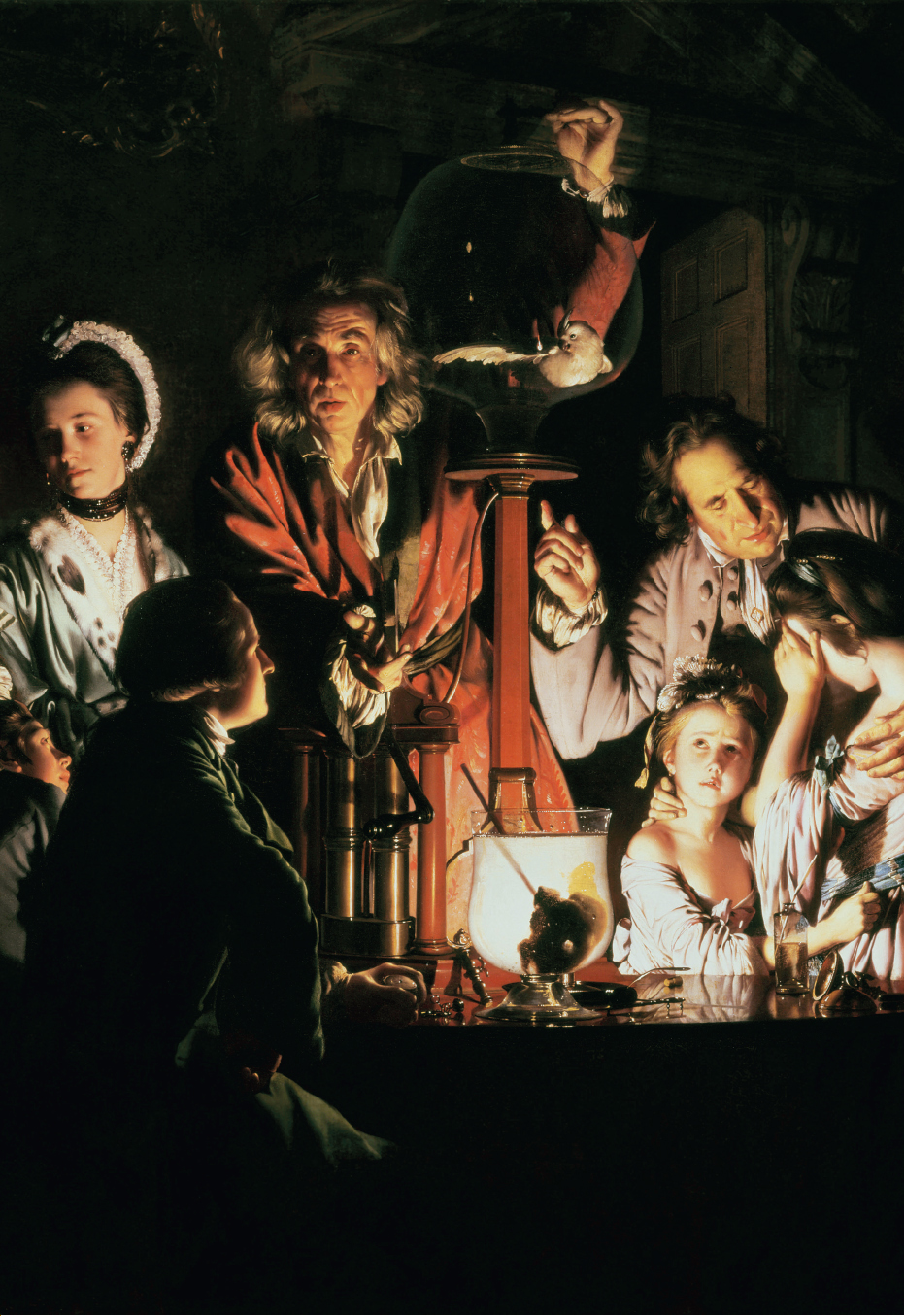Introduction for Chapter 16
16. Toward a New Worldview, 1540–
>What new ways of looking at nature, society, and government emerged in the Early Modern period? Chapter 16 examines the Scientific Revolution and the Enlightenment. In the sixteenth and seventeenth centuries, fundamentally new ways of understanding the natural world emerged. The new science entailed the search for precise knowledge of the physical world based on the union of experimental observations with sophisticated mathematics. In the eighteenth century, philosophers extended the use of reason from the study of nature to human society. While the Scientific Revolution ushered in modern science, the Enlightenment created concepts of human rights, equality, progress, universalism, and tolerance that still guide Western societies today. At the same time, some people used their new understanding of nature and reason to proclaim their own superiority, thus rationalizing attitudes such as racism and male chauvinism.
LearningCurve
After reading the chapter, use LearningCurve to retain what you’ve read.

>What revolutionary discoveries were made in the sixteenth and seventeenth centuries?
>What intellectual and social changes occurred as a result of the Scientific Revolution?
>What new ideas about society and human relations emerged in the Enlightenment?
>What impact did new ways of thinking have on politics?
| ca. 1540– |
ca. 1740– |
| – Scientific Revolution | – Salons led by Parisian elites |
| ca. 1690– |
1751– |
| – Enlightenment | – Philosophes publish Encyclopedia: The Rational Dictionary of the Sciences, the Arts, and the Crafts |
| ca. 1700– |
1756– |
| – Growth of book publishing | – Seven Years’ War |
| 1720– |
1762– |
| – Rococo style in art and decoration | – Reign of Catherine the Great of Russia |
| 1740– |
1780– |
| – War of the Austrian Succession | – Reign of Joseph II of Austria |
| 1740– |
1791 |
| – Reign of the empress Maria Theresa of Austria | – Establishment of the Pale of Settlement |
| 1740– |
|
| – Reign of Frederick the Great of Prussia |